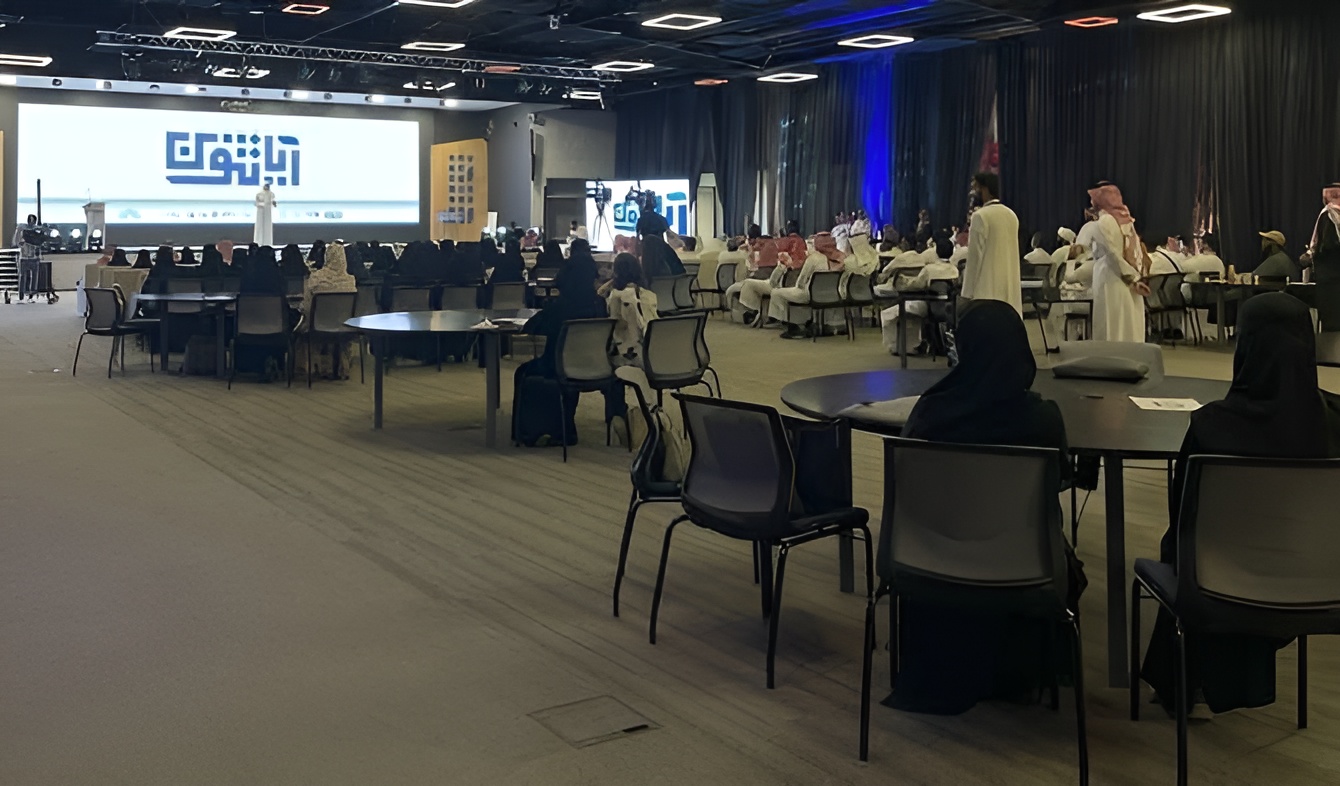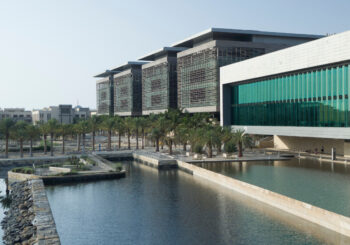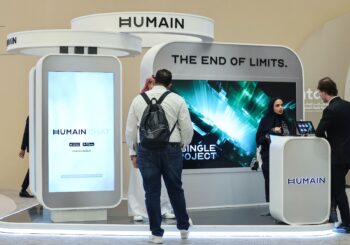In a vibrant synthesis of tradition and innovation, Ayathon recently made headlines as Riyadh’s first Qur’an‑focused hackathon, an event, usually lasting between a day and a few days, where people come together to collaboratively build technology projects, spotlighting the transformative potential of technology in religious practice.
Organized by Saudi Arabia’s Programmers Association, the event concluded in Riyadh on 29 June, gathering a diverse range of programmers, designers, AI researchers, and Islamic scholars to collaboratively build cutting-edge tools aimed at enhancing Qur’anic learning, memorization, recitation, and spiritual reflection.
Held in Saudi Arabia’s capital, Ayathon aligns with the kingdom’s Vision 2030 initiative, reinforcing the drive to fuse cultural heritage with digital innovation.
Through this event, Saudi stakeholders seek to modernize Islamic engagement without compromising core religious values. Featuring advanced technologies such as artificial intelligence, augmented reality, and UX design, the hackathon prioritized the development of sustainable, faith-aligned digital solutions tailored for the younger, tech-native Muslim audience.
Leading the charge were Abdulaziz Al‑Oraij, chairman of the Programmers Association, who described Ayathon as an initiative “to use modern technology to serve the Holy Qur’an and improve the digital experience for users worldwide,” and Mohammed Al‑Wadee, head of the hackathon committee, who emphasized the integration of AI, AR, and superior UX design into Qur’an-focused apps.
Maha Al‑Atwi, chair of the technical committee, also highlighted the hackathon’s interdisciplinary nature, combining technical creativity with intellectual depth, facilitating data-analytics-driven solutions to meet diverse needs and ensure quality spiritual engagement
The event welcomed participants spanning a wide array of disciplines: seasoned programmers and UI/UX designers, AI and data analytics experts, researchers, and Islamic scholars. The teams competed to deliver applications that would enhance Qur’anic recitation, track memorization progress, visualize verse meaning with AR, and create reflection tools that adapt to the user’s learning style.
An international panel of judges, comprising technology specialists and Islamic scholars, assessed submissions based on their innovation, technical rigor, usability, and alignment with Islamic values. While official app names remain under wraps, the showcased prototypes have drawn praise for blending technical sophistication with deep spiritual resonance, offering personalized memorization feedback, immersive AR-based verse exploration, and AI-powered recitation analytics.
By bridging the gap between faith and technology, Ayathon disrupts the outdated notion that tradition and innovation must be at odds. Instead, it establishes a blueprint for integrating religious heritage with digital advancement: apps that are functional yet spiritually meaningful, modern while rooted in sacred values.
As for the future, organizers have not issued a formal announcement about follow-up events, but the early success and enthusiastic response suggest that Ayathon may well evolve into a recurring fixture, providing a continuous launchpad for faith-based technological innovation.








Comments (0)